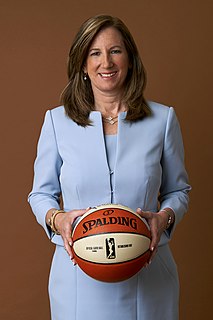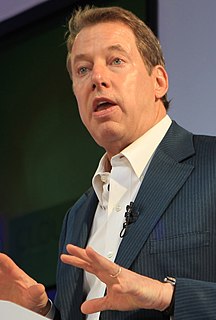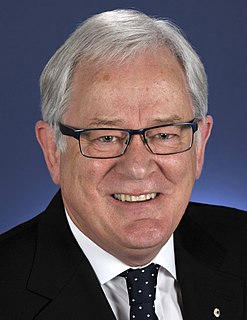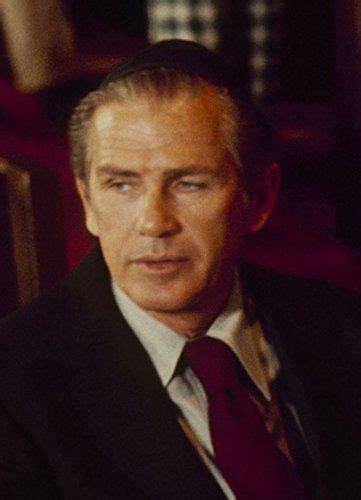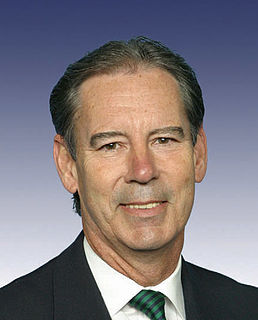A Quote by Cathy Engelbert
There will be new businesses that will digitally enable the planning and consumption of passenger and goods movement to be more efficient, enjoyable, productive, safer, cleaner, and cheaper. That could mean everything from maintaining vehicle fleets to remote monitoring.
Related Quotes
I think we'll start defining wealth and success differently and develop new approaches to consumption. Things that have always signified wealth and security - home ownership, new cars, luxury goods - have become a burden for many people and will be replaced by more experiential consumption like travel and recreation, self-improvement, and so on. By divesting themselves of certain big-ticket possessions that have been keeping them tied down, people will gain a new freedom to live more meaningful lives. Changes in consumption and lifestyle are key to Great Resets.
We are the only major developed nation that isn't investing meaningfully in high-speed rail, and I believe we're making a mistake. Transportation systems that are fast and efficient and environmentally clean are going to enable the formation of these new mega-regions, the heart of the spatial fix. We need to be able to accelerate the movement of people, goods, and services - the very movement of ideas, knowledge, and creativity - between our major population centers. We have to build these links.
For me, having a daughter made me much more efficient and productive. I would wake up in the morning trying to figure out how to organize my day so that I could get home. The phone calls with friends, the lunches out with colleagues - all of that got scrapped so that I could be as efficient and productive as possible.
We had a level of tariffs of about five per cent. Now a lot of those will go, most of them will go over time, some of them immediately. Now that means that electronic goods and other things, white goods, coming into Australia, will be cheaper for our community. It also means in many cases that the inputs used by our high-end manufacturers to make a final product are also coming in cheaper than they otherwise would - so it makes those manufacturers more competitive.
Cryptocurrencies are not evil and are not for money launderers and scammers. They are for entrepreneurs, technologists, change-the-world dreamers, and anyone who believes they can (and will) enable new business models, new types of organizations, and new ways to service consumers and businesses alike.
